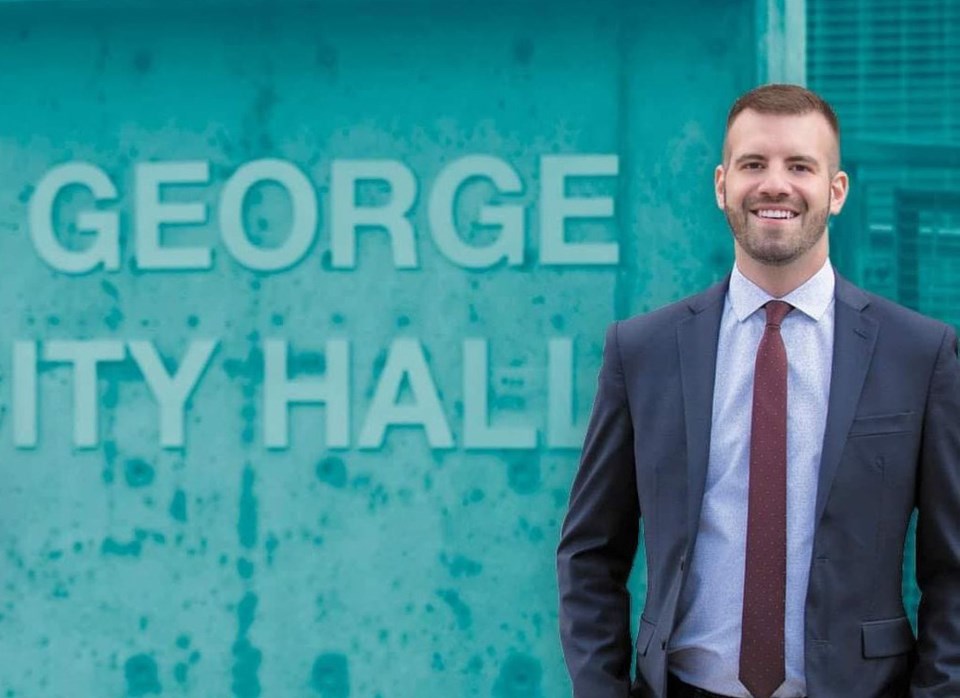From a news standpoint, reporters filing Freedom of Information requests for bureaucrats and politicians to release documents, particularly emails, is an excellent way of learning what was happening behind the scenes that led to decisions being made or not.
The Citizen has never been shy about asking the City of Prince George to pull the curtain back and show what really happened, from the overtime paid to senior managers during the 2017 wildfire crisis to the construction costs of the George Street Parkade.
When Coun. Brian Skakun brought concerns forward this summer about how Coun. Kyle Sampson received letters of support from the City of Prince George to support a bid for provincial money to host a country music festival hosted by Sampson’s personal and for-profit business, Kyle Sampson Productions, we filed a Freedom of Information request shortly afterwards. We wanted to see for ourselves the communication between Sampson and city staff that led to the letters and report what was newsworthy to the public.
We were fully aware we would receive the emails and other documents late in the campaign and we realized publishing these communications could help or hurt the re-election campaigns of Skakun and Sampson. We also thought voters should have as much information as possible heading to the polls and holding onto it until after Oct. 15 was not fair to Prince George voters.
If not in an election, the story by Arthur Williams would likely have been written in what journalists call the inverted pyramid. The newest and most important information, as chosen by the reporter and the editor, is placed in the first paragraph (the “lead”) and the rest of the story puts the lead into a broader context, addressing the who, what, where, why and how questions. That writing style is used to help readers quickly learn and understand what’s the latest, most relevant information on a certain issue or event.
This kind of reporting works most of the time. With general voting day for municipal election this Saturday, however, that style of story would have been seen to be unfairly targeting a candidate. Certainly Sampson and his supporters might still feel that way anyway but by reporting on this matter of public interest in a straightforward, chronological order, we removed the “editorializing” involved in choosing what’s the most newsworthy part of this story, forced readers to go through the details and then come to their own conclusions.
As Citizen editor and an opinion writer, I certainly have views on this matter that I already shared prior to the election period.
In the meantime, the Citizen sought additional information from the city to clarify the “he says this but he says that” back and forth between Skakun and Sampson.
We’ve shared that information with voters and now it’s up to them to decide if it’s relevant to how they mark their ballot.



